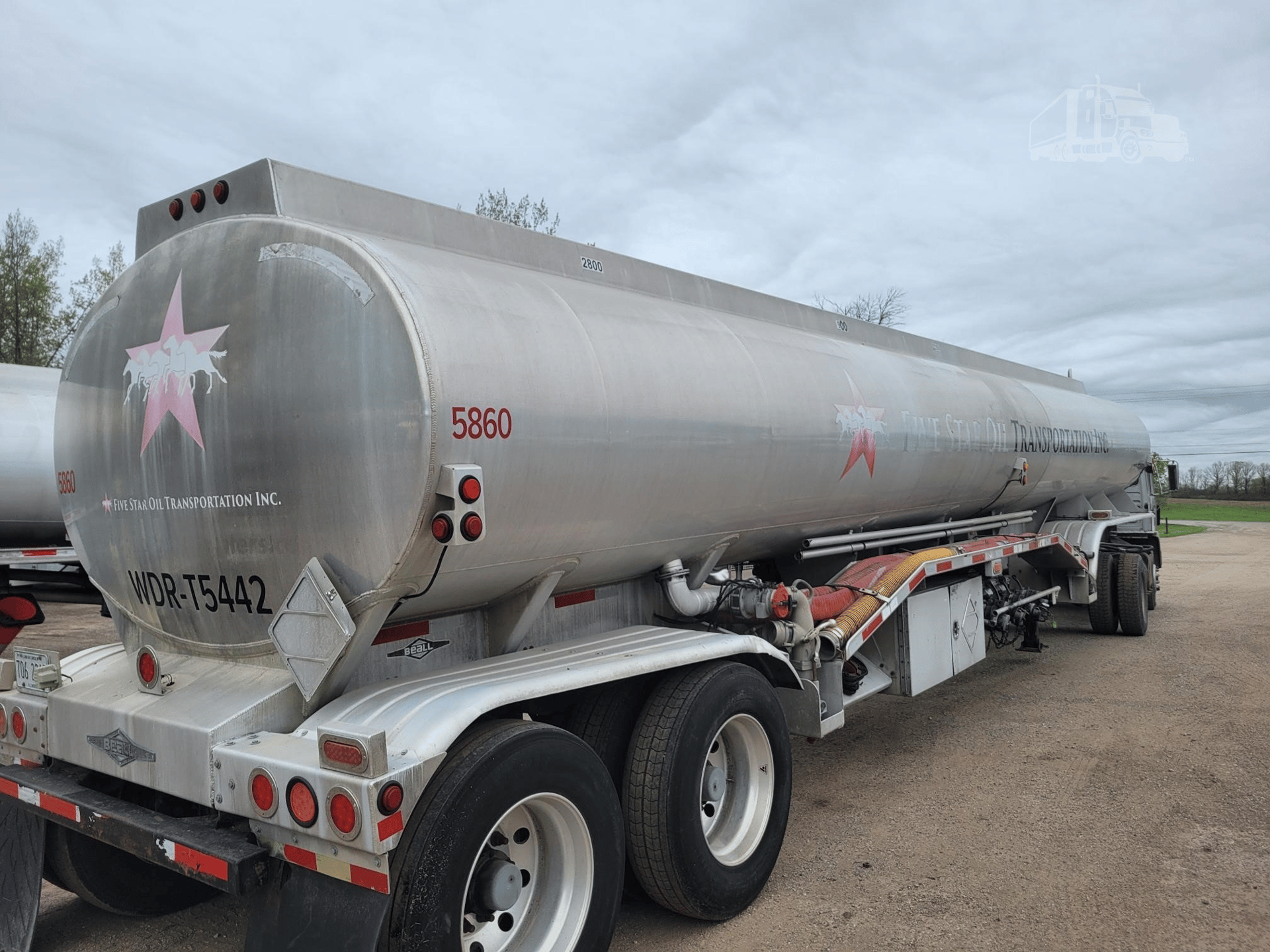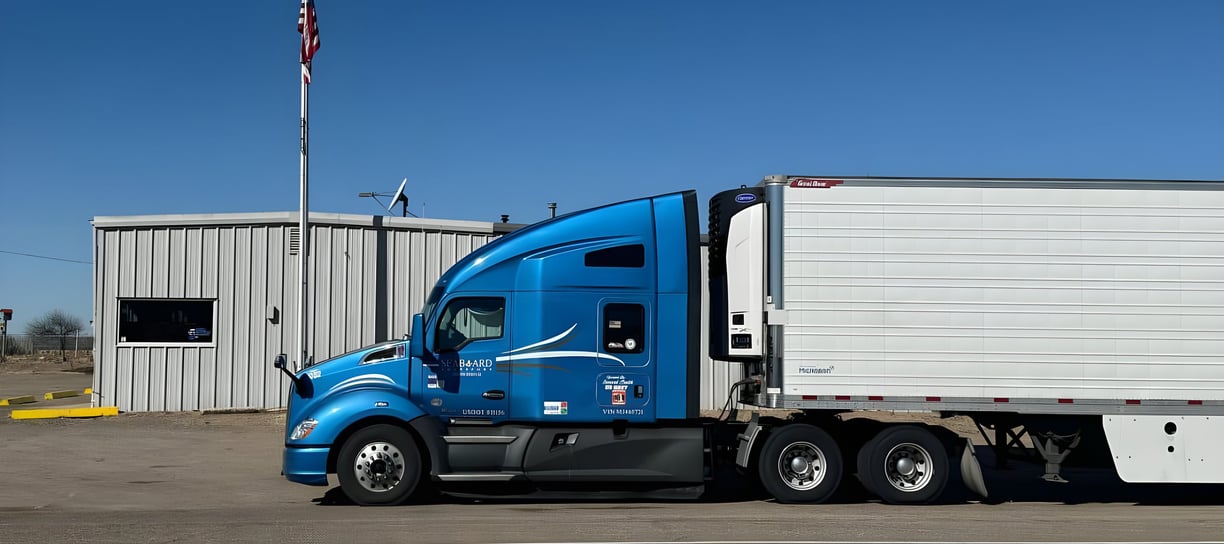
Tanker Endorsement (N)
Facts check: Tanker Endorsement (N) driver makes up to $110,000/YR!
The Tanker endorsement (N) is a CDL (Commercial Driver’s License) add-on that allows a driver to operate commercial vehicles designed to transport liquid or gaseous materials in bulk containers. These materials can include water, milk, fuel, industrial chemicals, and more. It’s especially common in industries like fuel delivery, agriculture, chemical manufacturing, and water hauling.
Who Needs a Tanker Endorsement?
You need the N endorsement if:
You’re driving a tank vehicle that carries liquids or gases in permanently mounted or portable tanks with a capacity of 1,000+ gallons.
You haul multiple smaller tanks totaling 1,000+ gallons.
The tank does not have to contain hazardous materials (though if it does, you’ll also need the Hazmat (H) endorsement or X endorsement, which combines both).
Key Features of the Tanker Endorsement:
No TSA Background Check required (unlike Hazmat).
Written Knowledge Test Only:
Topics include:
Tank vehicle inspection
Liquid surge and slosh effects
Driving techniques for tankers
Safe loading and unloading
Emergency procedures
No additional driving test, unless your DMV requires it.
No fingerprinting or security clearance.
Common Cargo Types for Tanker Drivers:
Fuel (gasoline, diesel, propane)
Water (potable or non-potable)
Milk or other food-grade liquids
Industrial chemicals
Liquid fertilizers
Wastewater or sewage
Tank Driving Challenges – Why It Pays More
Tank driving is more complex and risky than dry van or flatbed trucking. Why?
Liquid Surge: When braking or turning, liquid inside the tank moves, making the vehicle harder to control.
High Center of Gravity: Increases the risk of rollover accidents.
Precise Handling: Especially when tanks aren’t full, the liquid "sloshes" and shifts weight unpredictably.
Special Loading/Unloading Procedures: Often requires training and safety equipment.
Because of these risks and skills, tanker drivers are in high demand and earn more than regular truck drivers.


Expert CDL training center.
Contact
Support
(914) 861-5246
© 2025. All rights reserved.
Dr Terrence Underwood
(CEO)


Partners
